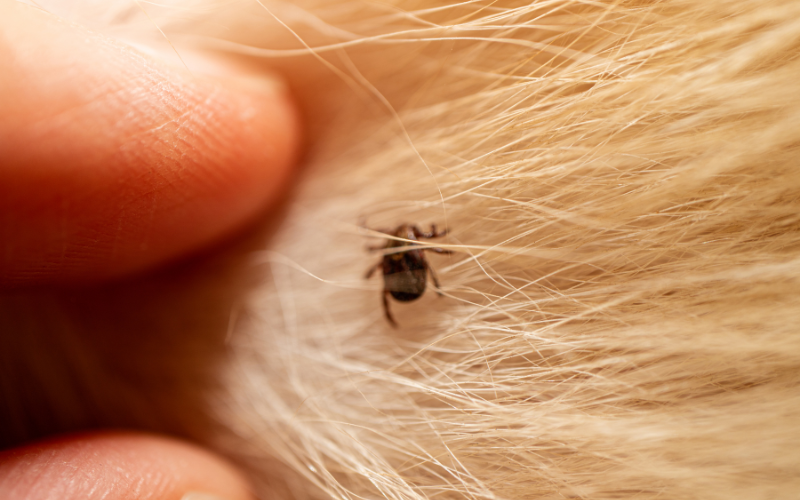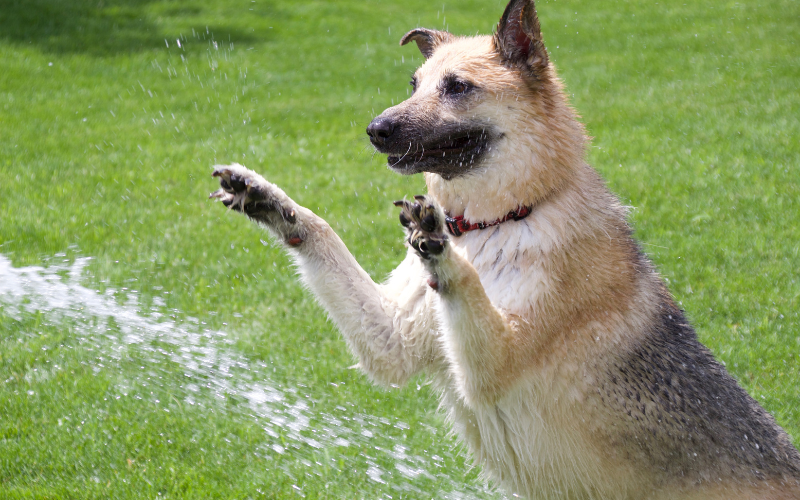As the warmer months approach, pet owners should turn their attention to one of the more perilous aspects of pet care – tick season. These tiny parasites, while small, pose a significant threat to the health and well-being of our beloved pets. Pets R.I.P, a trusted companion in pet bereavement services, understands the profound bond between pets and their owners and emphasises the importance of proactive tick prevention. This article explores the critical aspects of tick season and what pet owners need to look out for to ensure their furry friends remain safe and healthy.
Understanding Tick Season
Tick season typically peaks during warmer periods, as these conditions are ideal for tick activity. In Australia, this generally means the spring and summer months, but in some regions, ticks can be a year-round concern. The paralysis tick, particularly prevalent along the eastern coast, is notorious for causing serious health issues in pets, including paralysis and, in severe cases, death.
Identifying Tick Infestation
Early detection is crucial in preventing the severe consequences of tick bites. Key signs that your pet may have picked up a tick include:
- Weakness or Lethargy: An unusual level of tiredness or an inability to stand or walk can be early signs of tick paralysis.
- Loss of Appetite: A sudden disinterest in food may indicate your pet is unwell due to a tick.
- Difficulty Breathing: Watch for any changes in breathing patterns, such as rapid, shallow, or laboured breathing.
- Unusual Vocalisation: Moaning, groaning, or other sounds of discomfort could be a reaction to the discomfort or pain caused by a tick bite.
- Coughing or Vomiting: These symptoms can sometimes be associated with tick paralysis.
Preventive Measures
Prevention is always better than cure when it comes to ticks. Pet owners can take several steps to protect their pets during tick season:
- Regular Tick Checks: Make it a habit to check your pet for ticks daily, especially after walks in bushy or grassy areas.
- Use Tick Prevention Products: There is a range of tick prevention products available, including collars, topical treatments, and oral medications. Consult with your vet to choose the most suitable option for your pet.
- Keep Your Garden Tidy: Regularly mow lawns and trim bushes to reduce tick habitats in your garden.
- Be Vigilant After Outings: After any outing, especially in areas known for ticks, thoroughly check your pet for any hitchhiking parasites.
Immediate Actions
If you find a tick on your pet, it’s crucial to seek advice from your Vet. Always monitor your pet closely after tick removal and consult your vet if you notice any symptoms of illness.
At Pets R.I.P, we understand the depth of concern pet owners feel for their animal companions, especially during tick season. By staying informed and vigilant, you can significantly reduce the risks ticks pose, ensuring your pets remain healthy and by your side for many more seasons to come.




